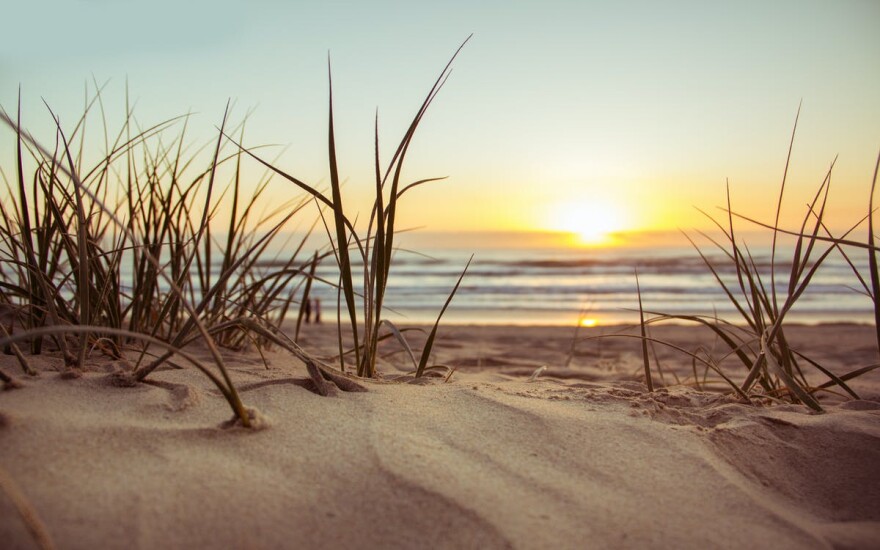Almost $34 million will be spent to clean the beaches on Long Island Sound. Some of the money comes from the federal budget that passed last month and will be one of the largest federal investments in environmental cleanup and restoration.
U.S. Rep Tom Suozzi (D-NY) helped secure the funding. He said the money will help preserve the serenity of Long Island Sound.
“These municipal boundaries that we have, you know, we don't realize these beautiful natural areas that surround New York City that are on Long Island Sound,” Suozzi said, “and we have to start treating them like the beautiful natural areas that they are, and it requires this type of effort.”
About $31 million will be spent on wetlands restoration efforts, of which $300,000 will go towards shellfish seeding in the North Shore bays. Funding will be used to purchase 10 million seed clams to be placed in three harbors. The clams will be placed where they will not only filter the water, but also improve reproduction in hopes of stabilizing the aquaculture industry.
Suozzi was joined by activists to celebrate the investment Thursday.

“Long Island Sound is a natural treasure that offers all segments of society the opportunity to enjoy fishing, swimming, beach filled days, and water based family activities,” said Adrienne Esposito, executive director of Citizens Campaign for the Environment. “Restoration efforts are working and the Sound is getting cleaner.”
“It will also help us address new challenges to the Sound including impacts from climate change, invasive species and plastic pollution.”


